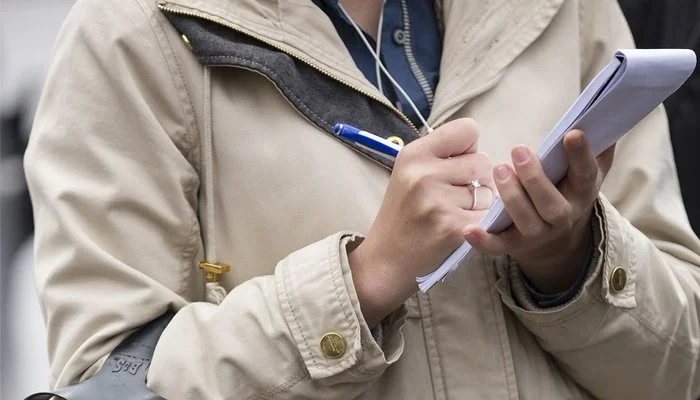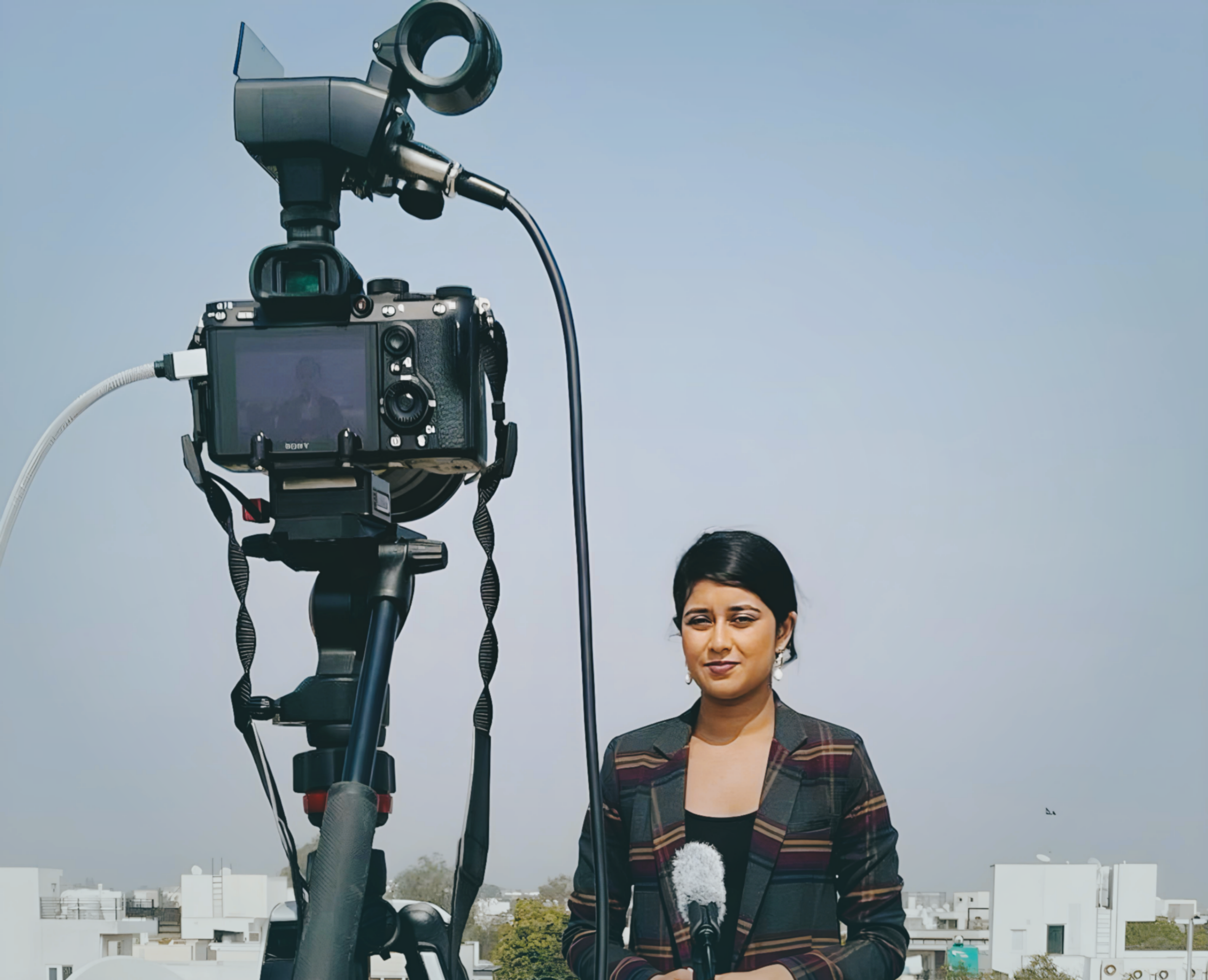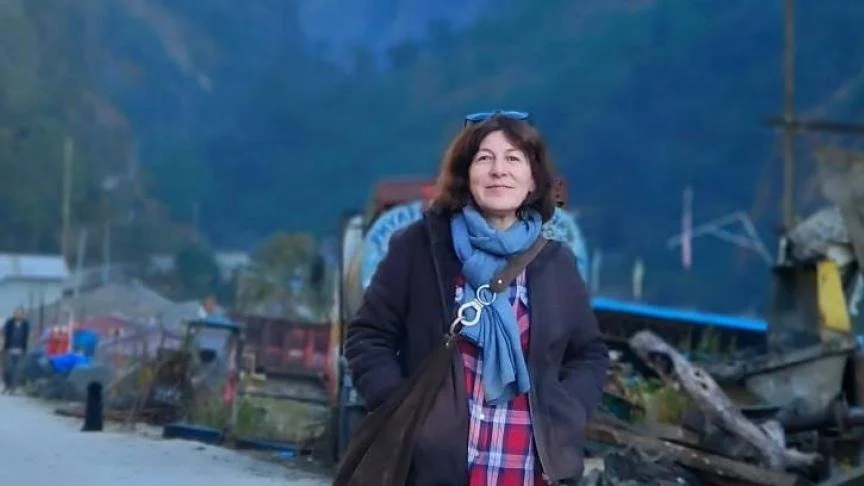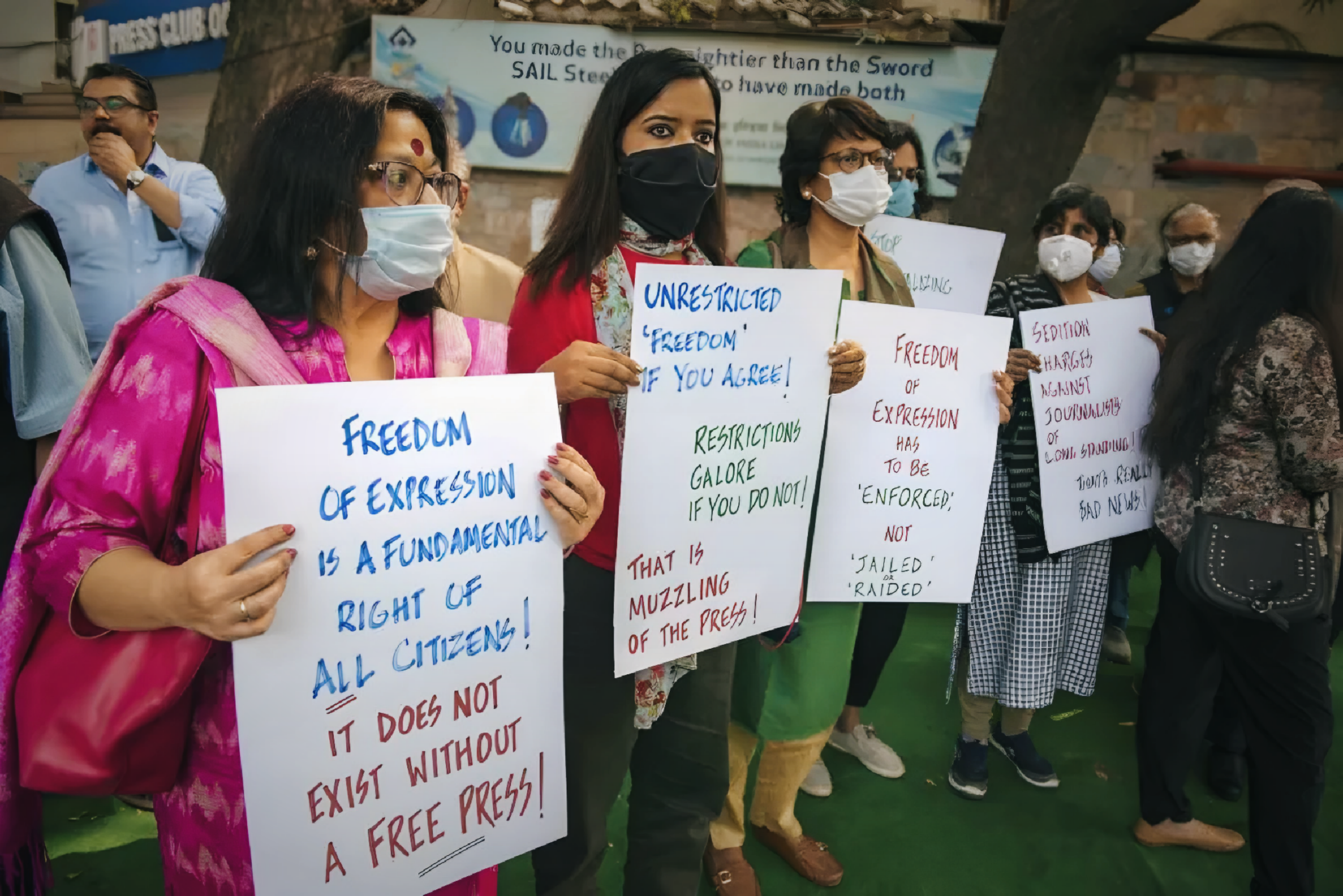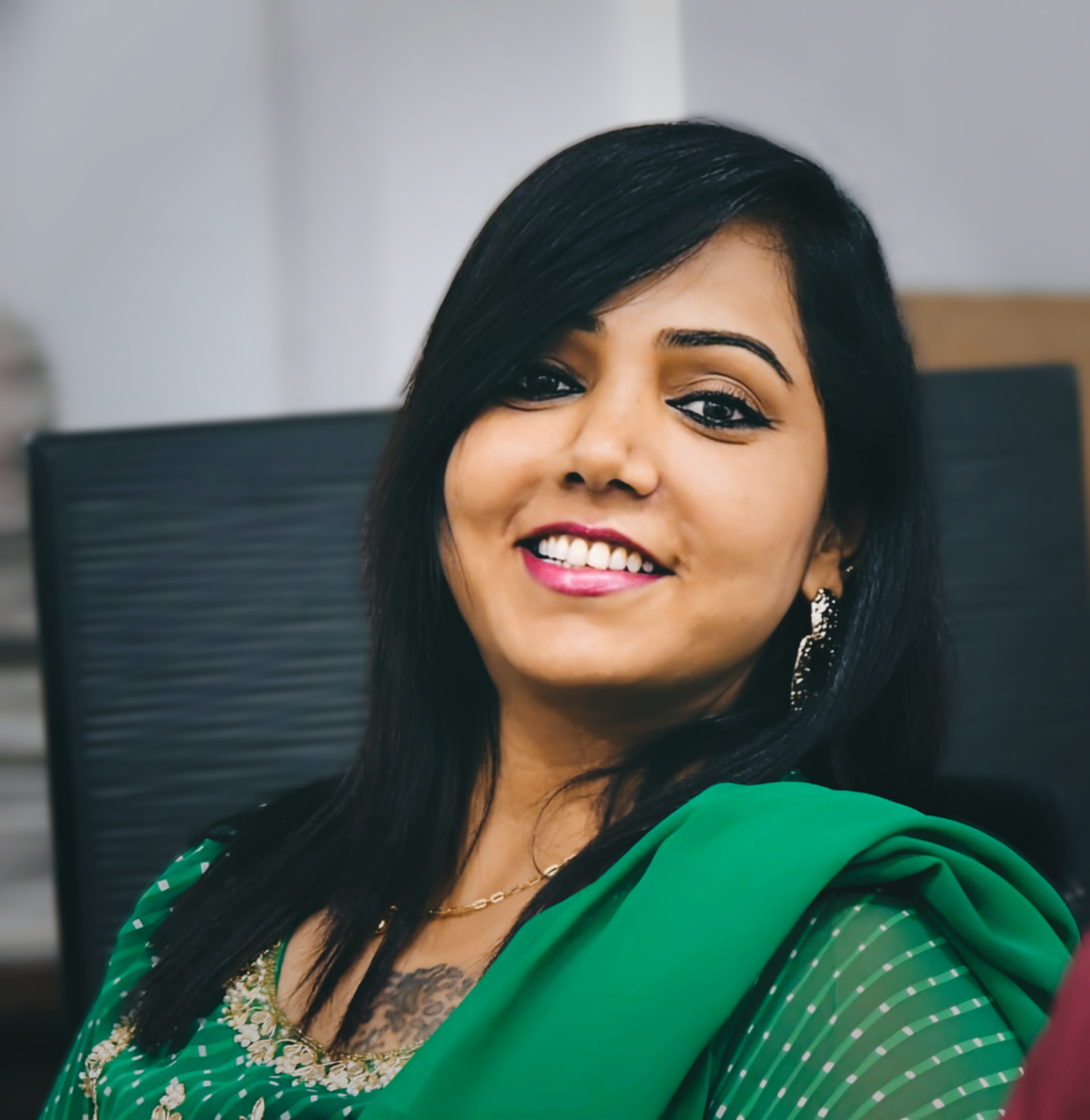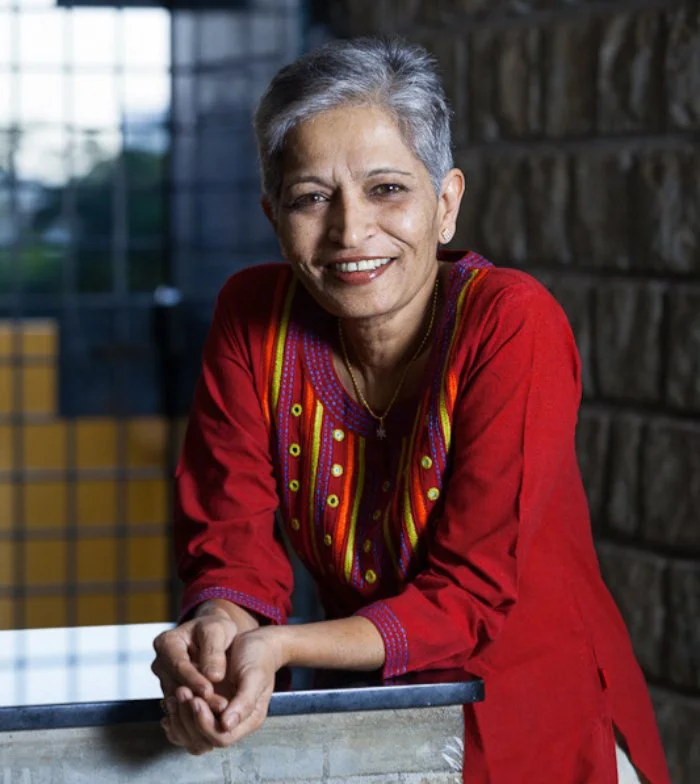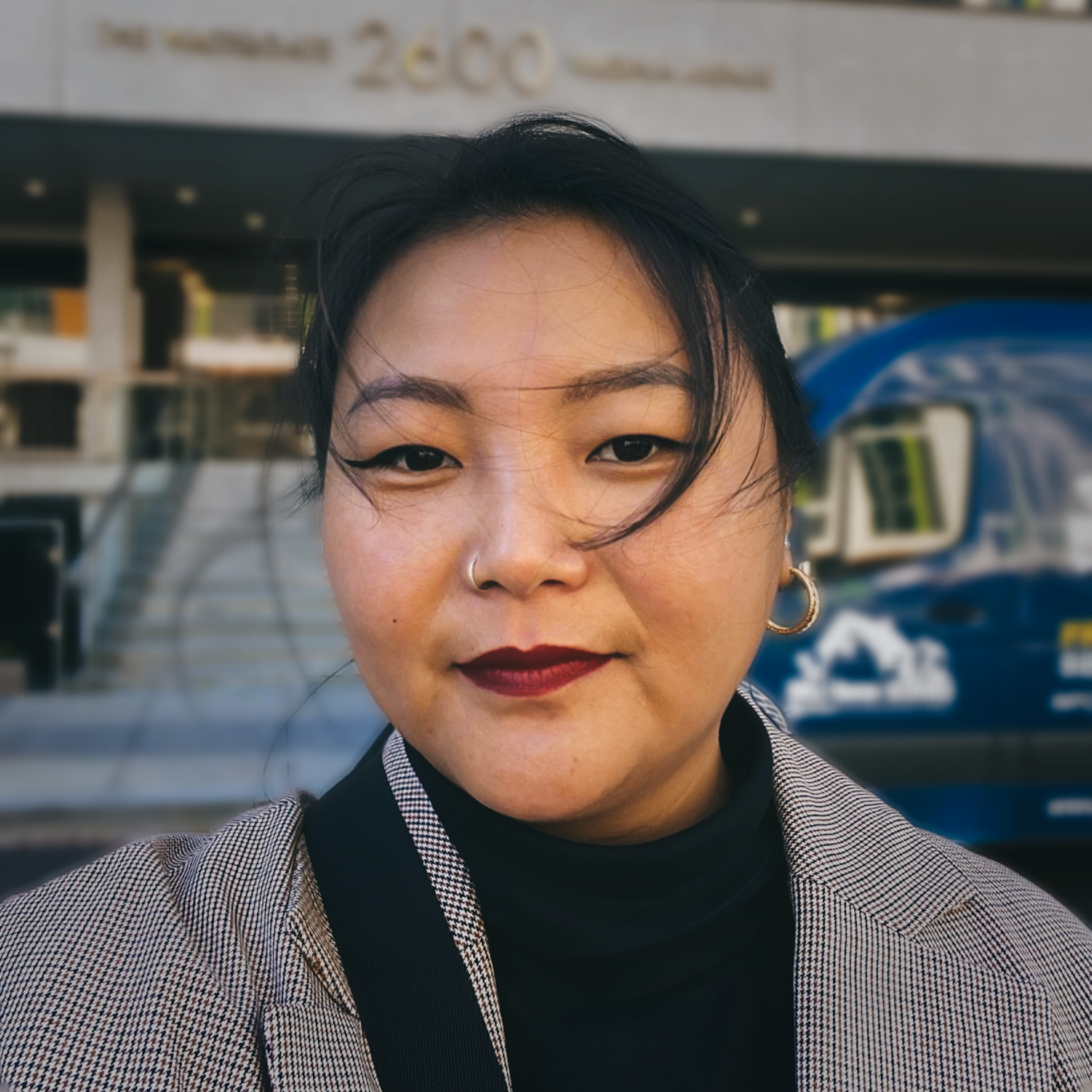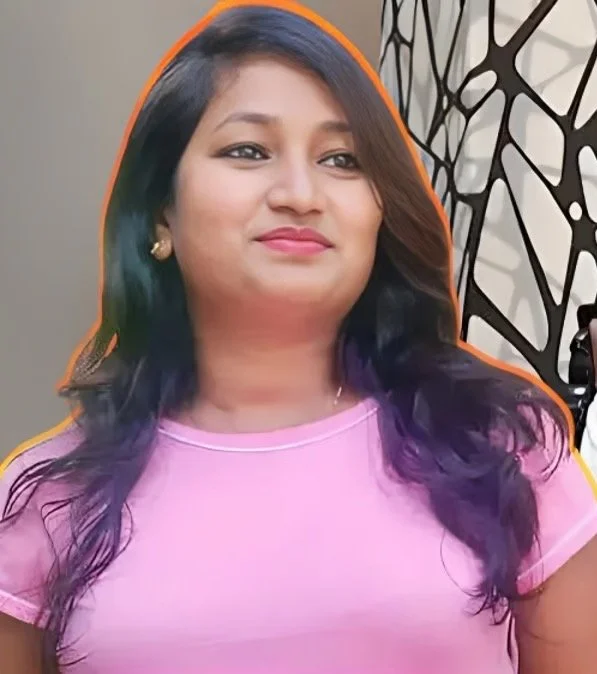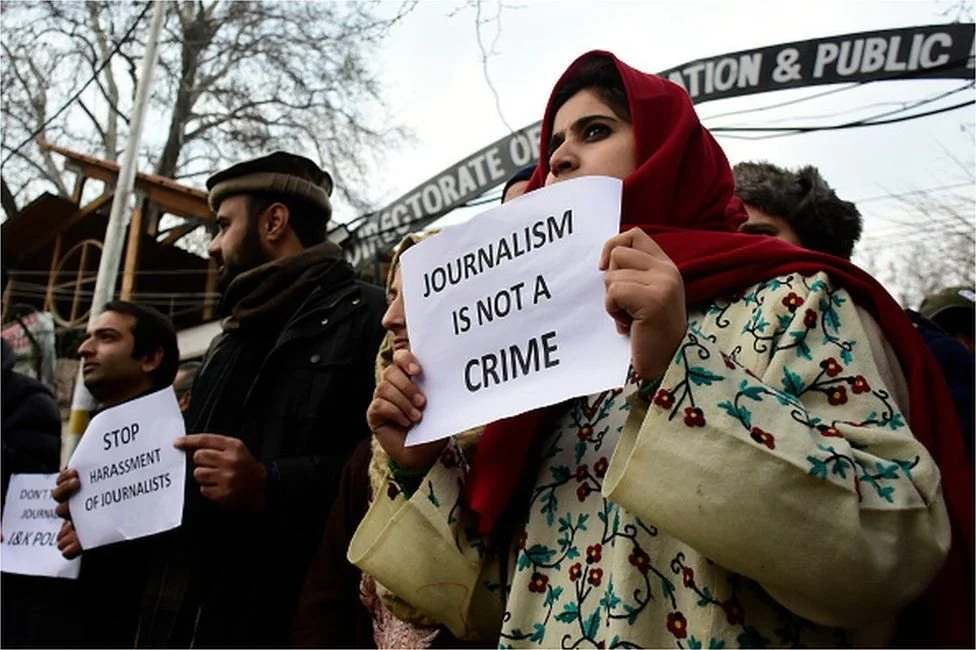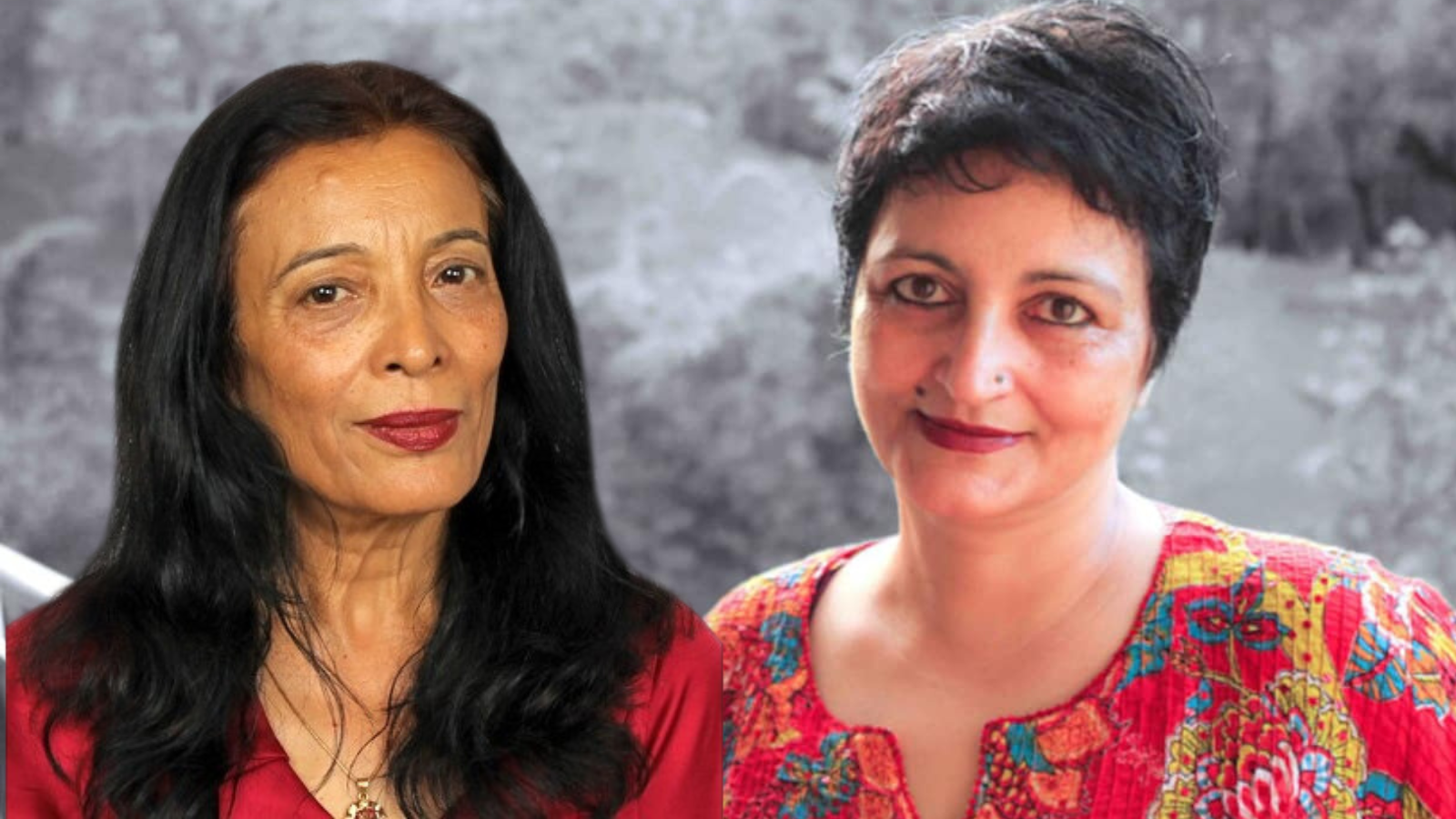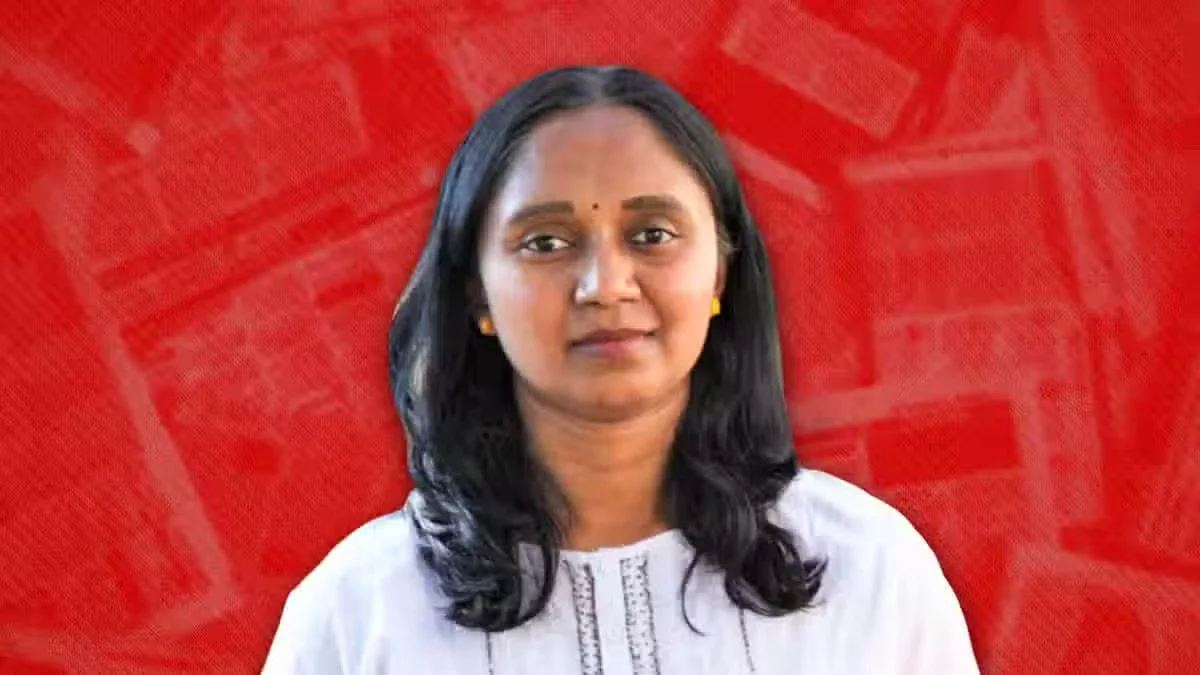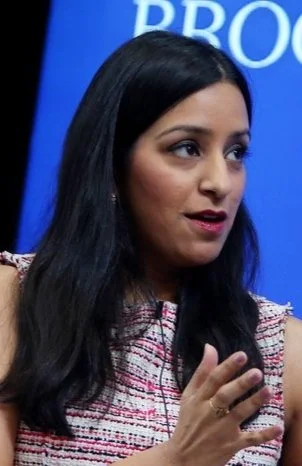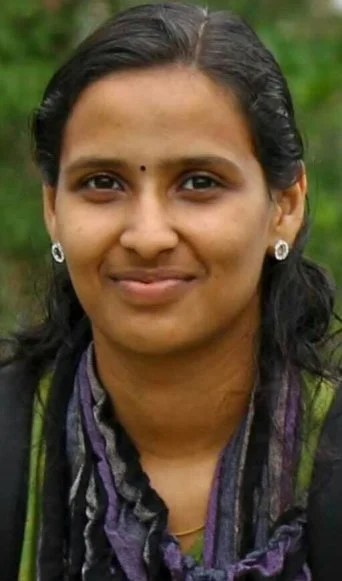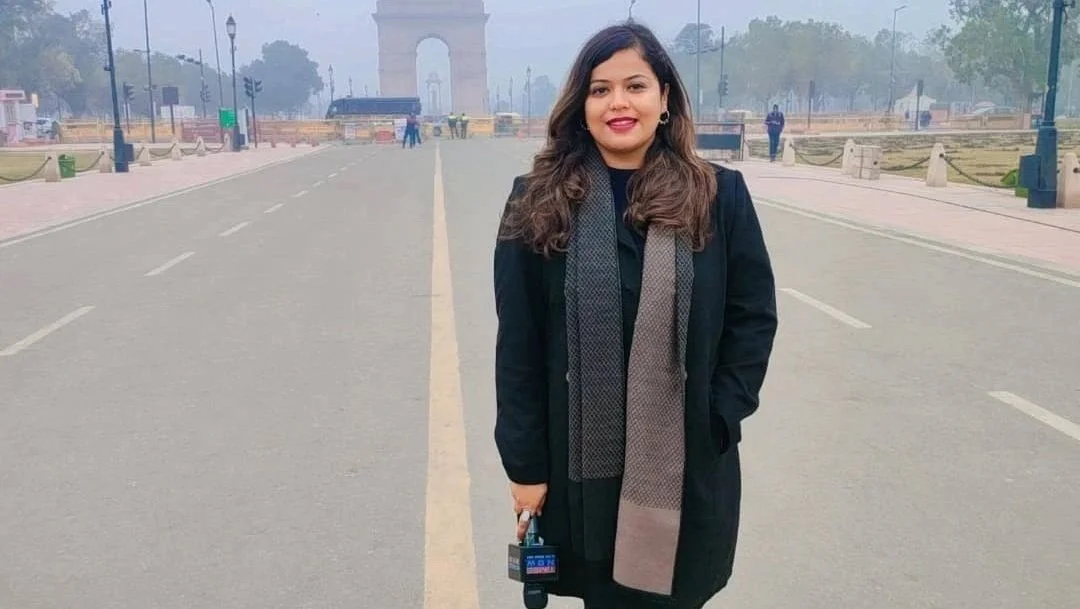India: Women Press Freedom Outraged by Sexual Violence Against Tara Das During Her Two Decades in Media
The journalist faced victim-blaming and extortion in addition to the trauma of gender-based physical violence
Location: India, Mumbai
Date: August 19, 2024Women Press Freedom stands in strong solidarity with journalist Tara Das, who has endured two instances of violent sexual assault, harassment, victim-blaming, and blackmail during her twenty-year career in the media industry. We denounce these severe gender-based abuses and applaud her courage for speaking out against these blatant violations of human rights, particularly in a country like India where rape culture is often overlooked and justified. We fully support her choice to pursue legal action and call on the courts to finally deliver the justice she has long been entitled to. We urge the Indian authorities to take immediate and concrete steps to address rape culture by advocating for gender equality, launching impactful awareness campaigns, enacting necessary legal reforms, and providing robust support services for survivors. Authorities and civil society must work together to challenge and dismantle harmful attitudes and beliefs, raise public awareness about consent and respect, and strive towards building a society where sexual violence is unequivocally condemned.
“Today let me speak my truth. I have been raped twice while on duty in the Indian media. The first was while doing food pages in a magazine. I had given birth 10 months prior. I was asked to come to the kitchen of a 5 star hotel by a f&b professional who had 'something to show' me.” writes journalist Tara Das, a survivor of sexual assault in the Indian media industry disclosing her harrowing experiences of being victimized while on duty.
Das, unveiled that she endured two instances of rape during her time in the media.
The first assault took place when Das was just 26 years old, still reeling from the aftermath of childbirth. While working for a magazine, Das was lured into a secluded room in a 5-star hotel by a prominent figure in Mumbai's high society. The journalist described feeling frozen as she was subjected to unspeakable acts.
Despite the trauma she experienced, Das faced additional challenges, which left her feeling isolated and misunderstood. Attempts to confide in others were met with dismissal and victim-blaming, painting the assault as an illicit affair rather than a violent crime.
“The people I tried to speak to about it (I did not convey it well) painted that single incident as an 'affair' and my own doing," says Das, further highlighting the deep-rooted patriarchal attitudes and social norms that devalue women and reinforce gender inequality, which play a significant role in perpetuating rape culture.
As a woman journalist, Das navigated a treacherous landscape where her gender often became a liability rather than an asset. “If I've to describe my journalism career in one word it was 'humiliating'. The most degraded a person can be,” says Das.
The insidious nature of workplace harassment and misconduct was compounded by the systemic biases and power differentials that favored her male counterparts. Her accounts of being objectified, belittled, and targeted for her gender underscore the harsh reality faced by many women in the media industry.
One year after the initial assault, Das had embraced a new position in a different environment, only to experience another violent assault.
"One day, he [the editor] asked me to carry some documents for him as he went home. I was 27 by now. As soon as he opened the door of his house, I was pulled by my hair, thrown down, punched, hit, and assaulted," recounts Das.
Another male colleague at a major newspaper, aware of one of the incidents of sexual assault, threatened to expose her 'affair' and ruin her reputation.
Das stated that during her tenure at outlets Mint and India Today, she felt secure and was never subjected to harassment, noting that this should be the standard in any workplace.
Reflecting on her painful two decades in the media industry, Das is defiant and determined to get justice. Her story highlights the urgent need for systemic change and solidarity within the field. It shows the lasting impact of trauma and the resilience required to confront and dismantle toxic power structures.
Breaking the Silence: The Fight Against Rape Culture in India
Das' revelation coincides with the day when thousands in India come together in nationwide protests over the rape and murder of a 31-year-old woman doctor in Kolkata. The nationwide strike by healthcare workers, triggered by the tragic event, has gained momentum. Demonstrations are spreading across India, advocating for stronger laws to protect medical personnel and increased safety measures for women.
Rape culture is a complex and deeply ingrained issue in India, as in many other countries around the world. It refers to a society where sexual violence is normalized and excused in various ways. In India, there are several factors that contribute to the prevalence of rape culture, including: gender Inequality, victim blaming, lack of reporting and conviction, media portrayal, legal and institutional challenges.
As Tara Das’ story shows it is of critical importance to create safe and inclusive spaces for women journalists to thrive and succeed. The impact of gender-based violence and discrimination on their professional and personal lives cannot be understated, highlighting the imperative for transformative action and solidarity within the industry.
Das’ courage in sharing her truth serves as a beacon of hope for survivors everywhere, inspiring a new wave of solidarity and advocacy in the ongoing fight against sexual violence and exploitation.
Women Press Freedom stands with journalist Tara Das. We vehemently condemn the violent assaults, harassment, victim-blaming, and blackmail she faced in her two-decades in media and support her legal pursuit for justice. We demand that the legal system holds the perpetrators accountable. We urge Indian authorities to combat rape culture through gender equality advocacy, awareness campaigns, legal reforms, and survivor support. It is crucial to challenge harmful beliefs, promote consent and respect, and create a society that unequivocally condemns sexual violence. Women journalists deserve to carry out their work without the threat of intimidation, harassment, or sexual abuse.
Women Press Freedom is an initiative by The Coalition For Women In Journalism
The Coalition For Women In Journalism is a global organization of support for women journalists. The CFWIJ pioneered mentorship for mid-career women journalists across several countries around the world and is the first organization to focus on the status of free press for women journalists. We thoroughly document cases of any form of abuse against women in any part of the globe. Our system of individuals and organizations brings together the experience and mentorship necessary to help female career journalists navigate the industry. Our goal is to help develop a strong mechanism where women journalists can work safely and thrive.
If you have been harassed or abused in any way, and please report the incident by using the following form.









